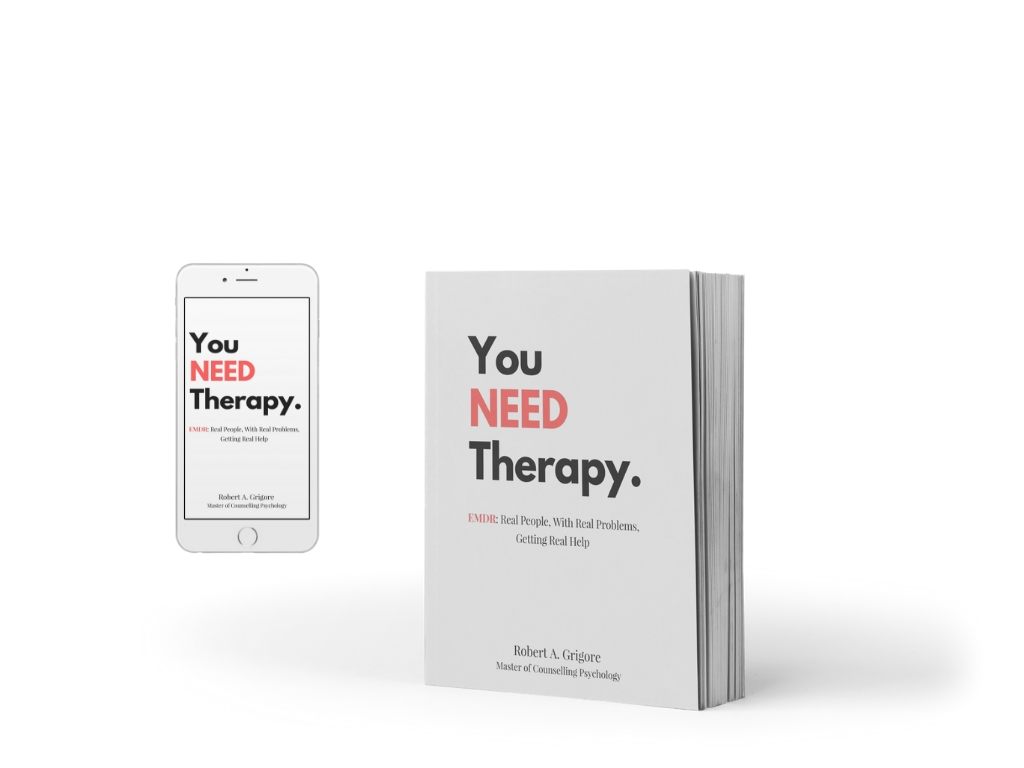The National Registry of Evidence-Based Programs and Practices (NREPP) has cited EMDR as an evidence-based practice for the treatment of PTSD, trauma, anxiety, and depression (SAMHSA’s NREPP, 2011). At the same time, EFT is also a treatment widely supported by evidence, as per a paper published after comparing the results of 23 randomized control trials (Dawson Church, 2013). And so the debate of EMDR Vs. EFT arises. This has been a long overdue debate, but I wanted to spend my sweet time comparing both before I took any side. And now I’m here with the results to help you figure out your side.
How Well Supported Is EMDR?
Eye Movement Desensitization and Reprocessing Technique, summarized as EMDR, is a technique used by certified therapists and psychologists to target past events that trigger disturbances. It typically uses eye movements to help process and heal from trauma. 7 out of 10 studies have supported EMDR therapy as more rapid-acting and more effective than trauma-focused therapy (Perm J. et al., 2014). But how? Today, let me tell you about the science behind EMDR and how it actually works.
Science Behind EMDR
Neuroscientists are of the opinion that EMDR is similar to REM sleep (dream). Your therapist will ask you to move your eyes from side to side while you focus on a traumatic memory or emotion. This is similar to the movement of the eyes during dreaming. EMDR slows down your overstimulated amygdala, which is a small part of your brain and your emotion’s major processing center.
Your brain waves now synchronize in a way that the stuck traumatic memories are reactivated and repeated until they become unstuck and less traumatic memories. Also, I see that many people are curious as to if they’ll cry during their session.
Honestly, this varies from person to person. I’ve seen people cry their hearts out during the session, but it’s certainly not because the process is painful. People cry both out of sadness and relief, but it’s helpful either way as you get to release the emotional stress.

Neuroplasticity and Lasting Effects of EMDR
Another intriguing aspect of EMDR is its connection to neuroplasticity, the brain’s ability to reorganize itself by forming new neural connections. Several studies have suggested that EMDR’s eye movement component might play a role in enhancing neuroplasticity, aiding in the reprocessing of traumatic memories. A study published in the ” Journal of Behavior Therapy and Experimental Psychiatry” (Lee & Cuijpers, 2013) found that EMDR led to significant reductions in symptoms of post-traumatic stress disorder (PTSD), and these improvements were maintained even at follow-up assessments. This suggests that EMDR’s effects may not only be rapid-acting but also have a lasting impact on the brain’s ability to process and cope with traumatic experiences. The combination of clinical support, scientific research, and endorsement from renowned figures, underscores EMDR’s position as a well-established therapeutic approach for addressing trauma-related challenges.
EFT For Your Traumas
Over the last two decades, the Emotional Freedom Technique EFT has made huge progress as the once-fringe therapy is now widely accepted. Gary Craig is the founder and developer of EFT, and this technique is relatively new (1990). During EFT, a person taps various meridian parts of their body as they focus on their traumatic memories. This technique mainly works by focusing on how to clear the blockages in your body’s energy systems, which in turn helps to reduce the intensity of negative emotions.
In EMDR Vs. EFT, EFT has no sounds or eye movements involved, unlike in EMDR. During an EFT session, the client keeps repeating a specific phrase related to their traumatic memory and keeps tapping on a specific body part while doing so. A study of 5000 patients seeking treatment for anxiety in the form of EFT and CBT showed that 90% of the patients receiving EFT showed an improvement in their state (J Evid et al., 2019).
The Underlying Principles of EFT
EFT, also known as tapping therapy, is an approach combining the elements of acupuncture, psychology, and energy medicine. The idea behind this technique is that our human body contains a system of energy meridians that are similar to those in traditional Chinese medicine. Negative emotions create imbalances in the body’s energy system that lead to a variety of psychological and physiological symptoms.
Gently using your fingertips to apply pressure on various acupuncture points helps balance the energy flow and release emotional distress. This is because these body points are assumed to be connected to the body’s energy meridians. If you’re not someone who believes in negative and positive energy etc., then EFT is not for you.

Is EFT Really So Good?
The best part of EFT is that you can easily do it at home without the presence of your therapist. But that’s also a downside as the presence of an expert is always a good idea in case something unusual happens. Some therapists even use EFT in combination with EMDR to help achieve the desired results.
One of the demerits of EFT is that I couldn’t find a lot of studies to back it up. And most of the studies I found were rather small and not detailed, which makes me question the scientific credibility of EFT. Many people also believe that the studies that support EFT have flaws in their scientific methods, which, again, puts a question mark on the reliability of the technique. All these points side with EMDR and make it weigh more in the combat of EMDR vs. EFT.
EMDR Vs. EFT – Let’s Compare
The figure below shows a summary of the similarities and dissimilarities in EMDR Vs. EFT. Let’s have a quick look!

Here’s The Catch
People like Prince Harry have got results from EMDR, and this technique is also endorsed by other celebrities like Justin Beiber, Demi Lovato, and Lady Gaga. However, ‘The Bionic Woman,’ aka actress Lindsey Wagner has benefited from EFT and is also backed up by names like Dr. Joseph Mercola (Author of Ultimate Wellness) and Devon Allen (US Olympian). So, all in all, both techniques in the EMDR Vs. EFT debate have shown their benefits, and you can’t really go wrong with any one of these.
However, the training process for EFT certification is quite easy, meaning almost anyone can be trained in EFT. While it’s good up to some extent, if you happen to be working with a therapist who did a simple weekend training for EFT, then your situation might worsen. EMDR training, on the other hand, is very detailed, and only a master’s level therapist is eligible to provide EMDR services, so you can rest assured that you’re in the right hands. Either way, don’t forget to work hard on yourself every day!














